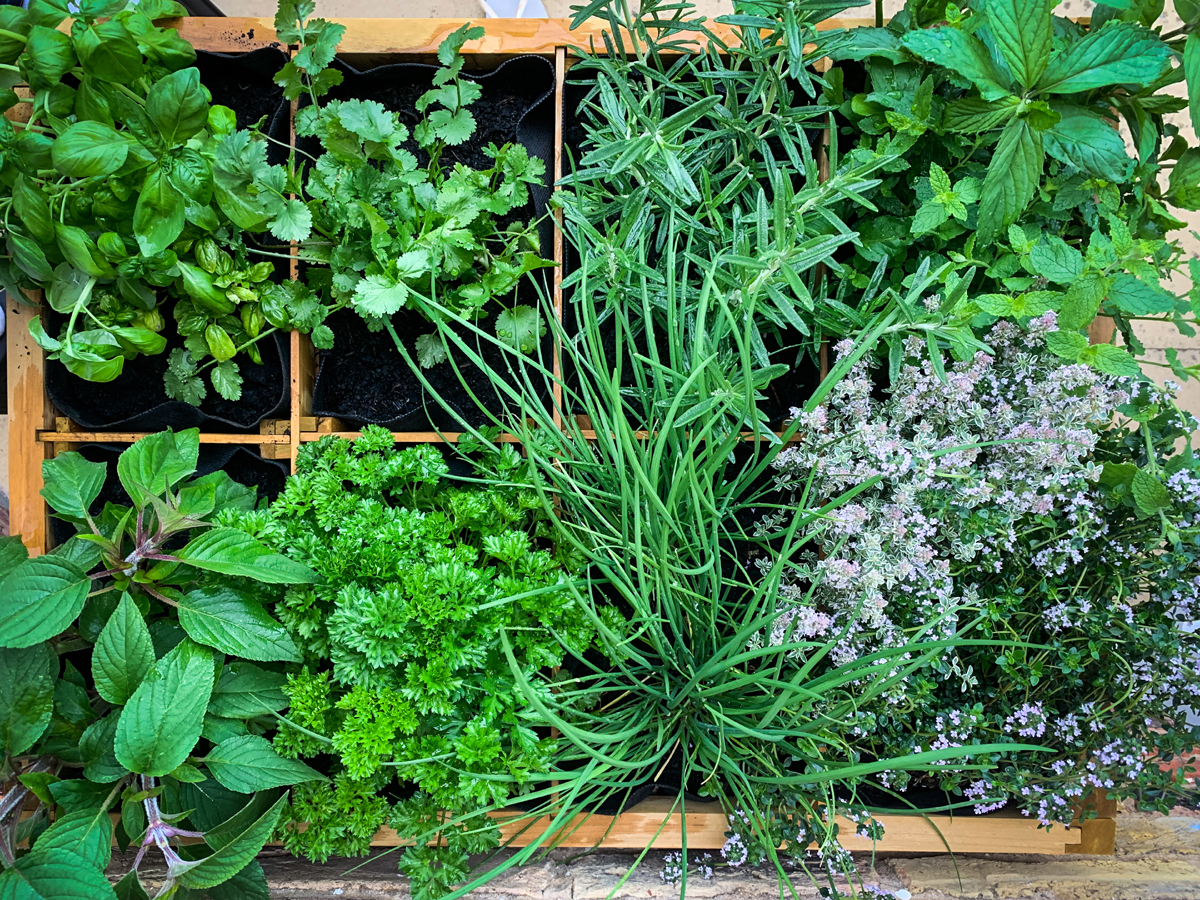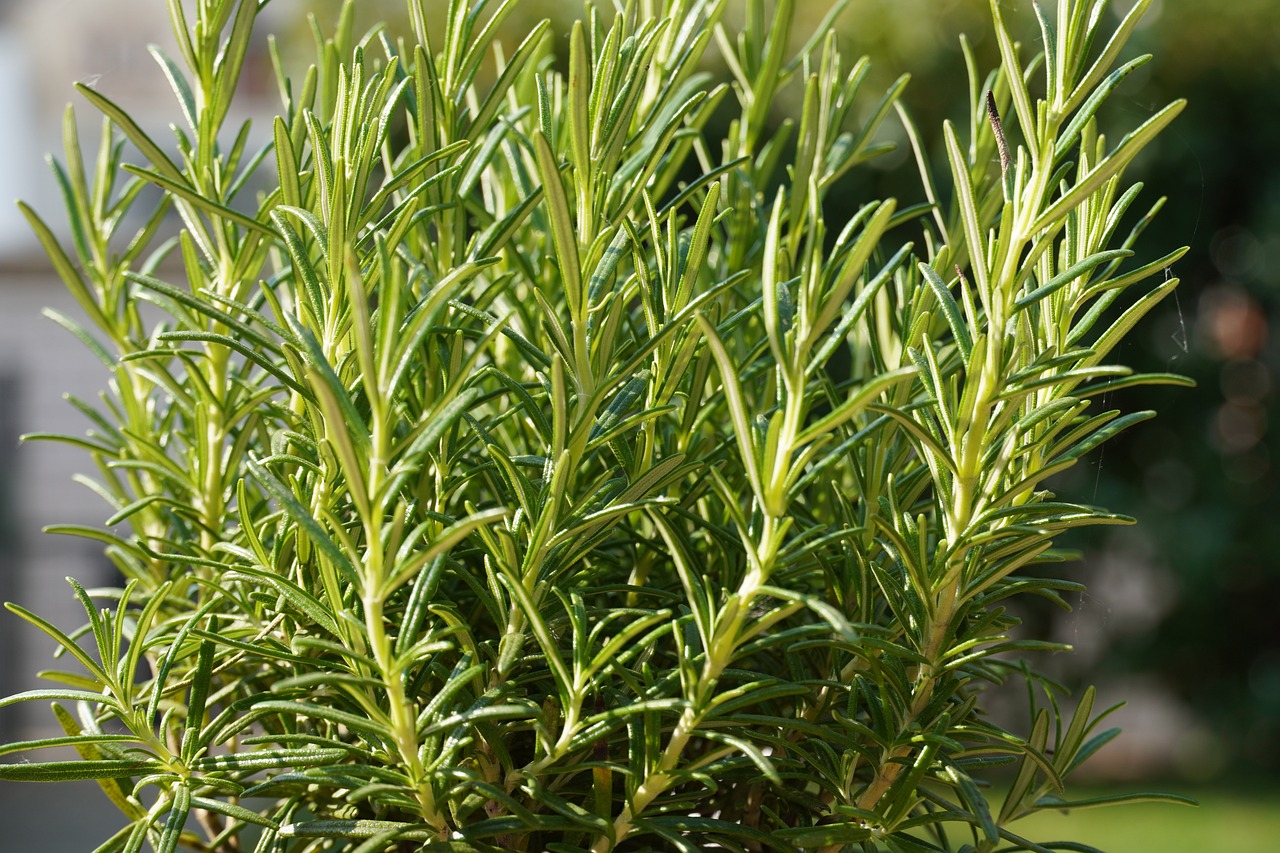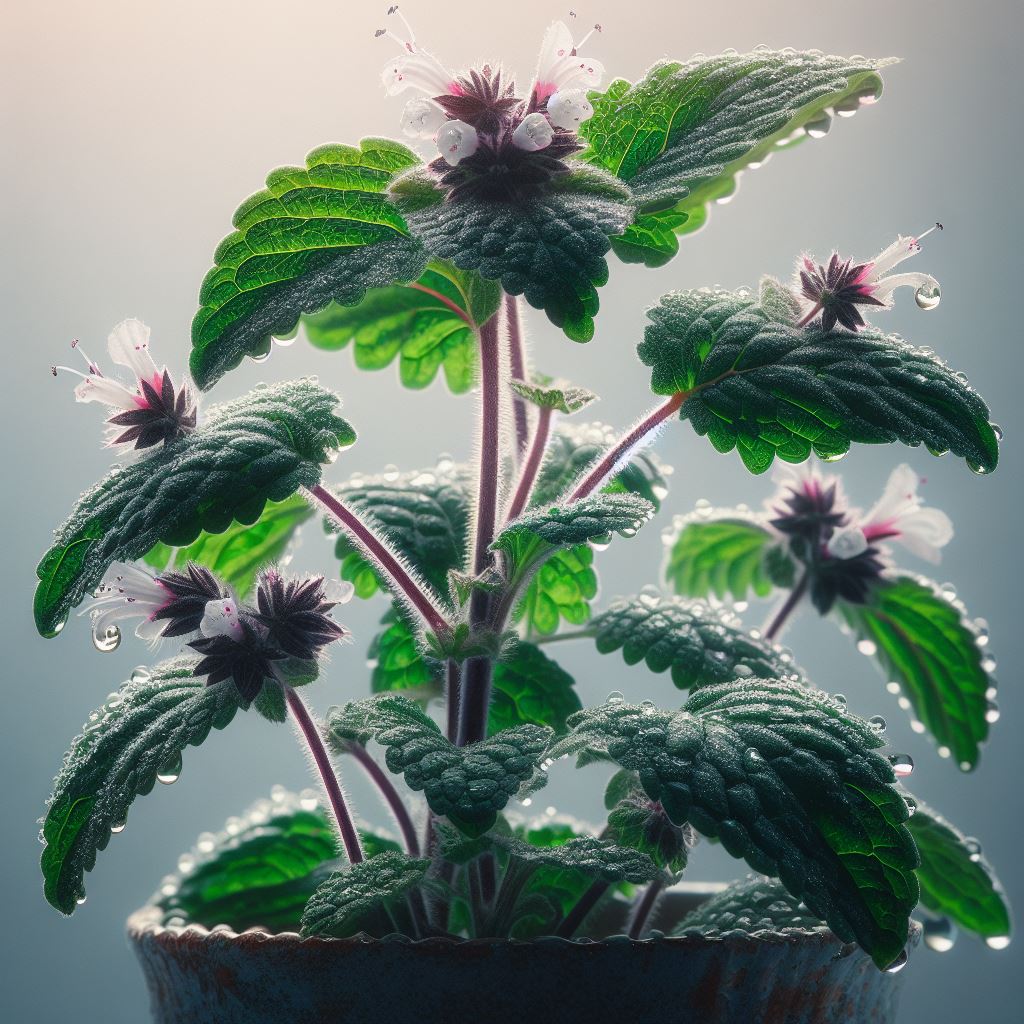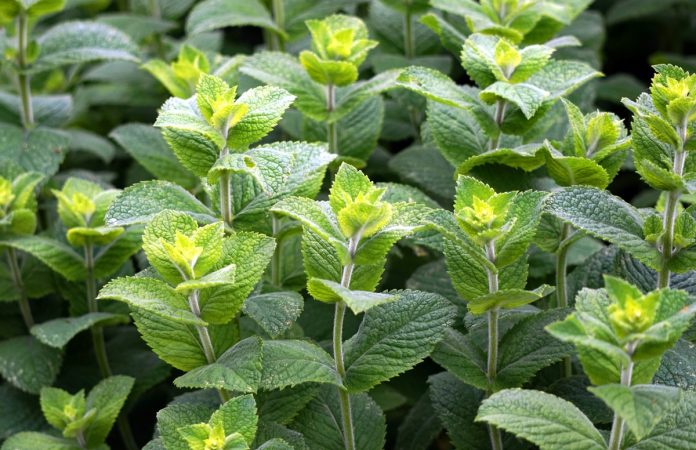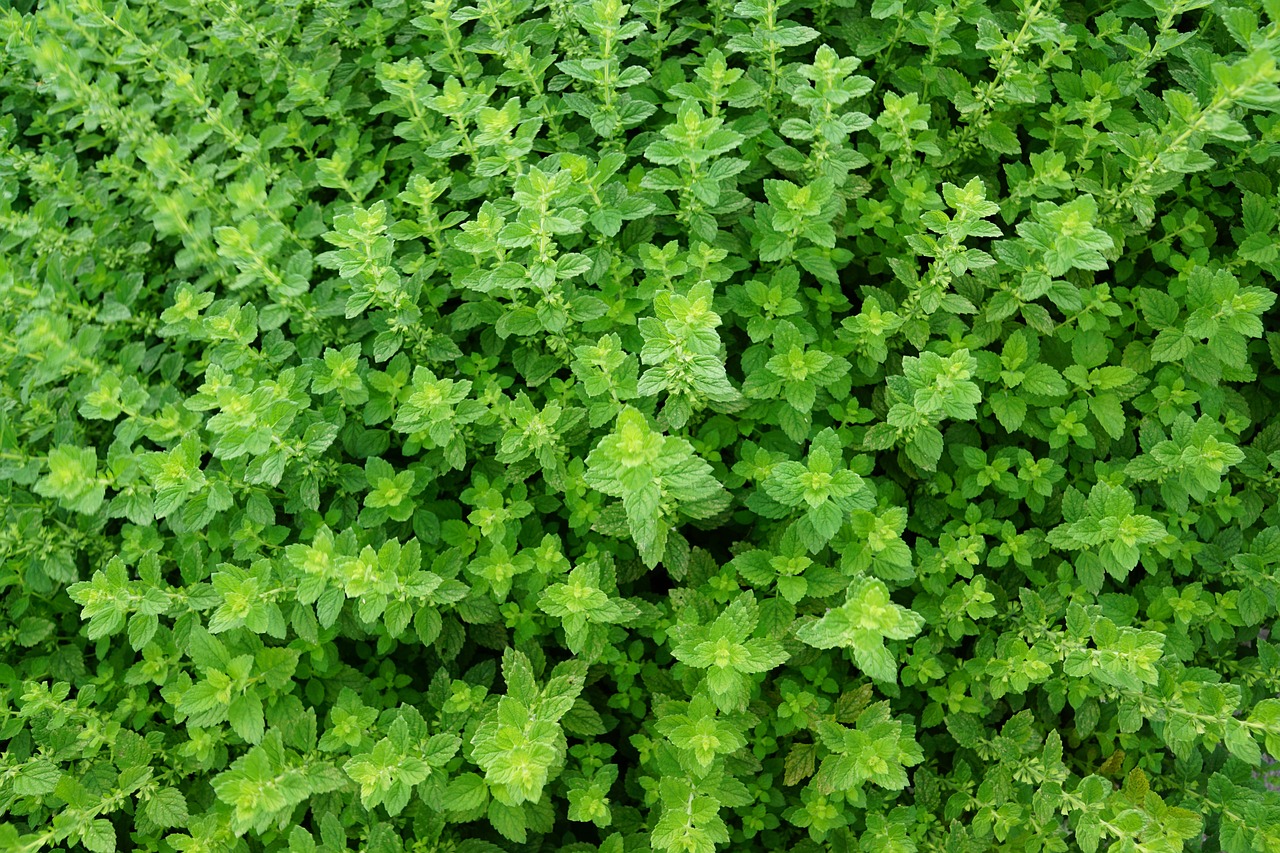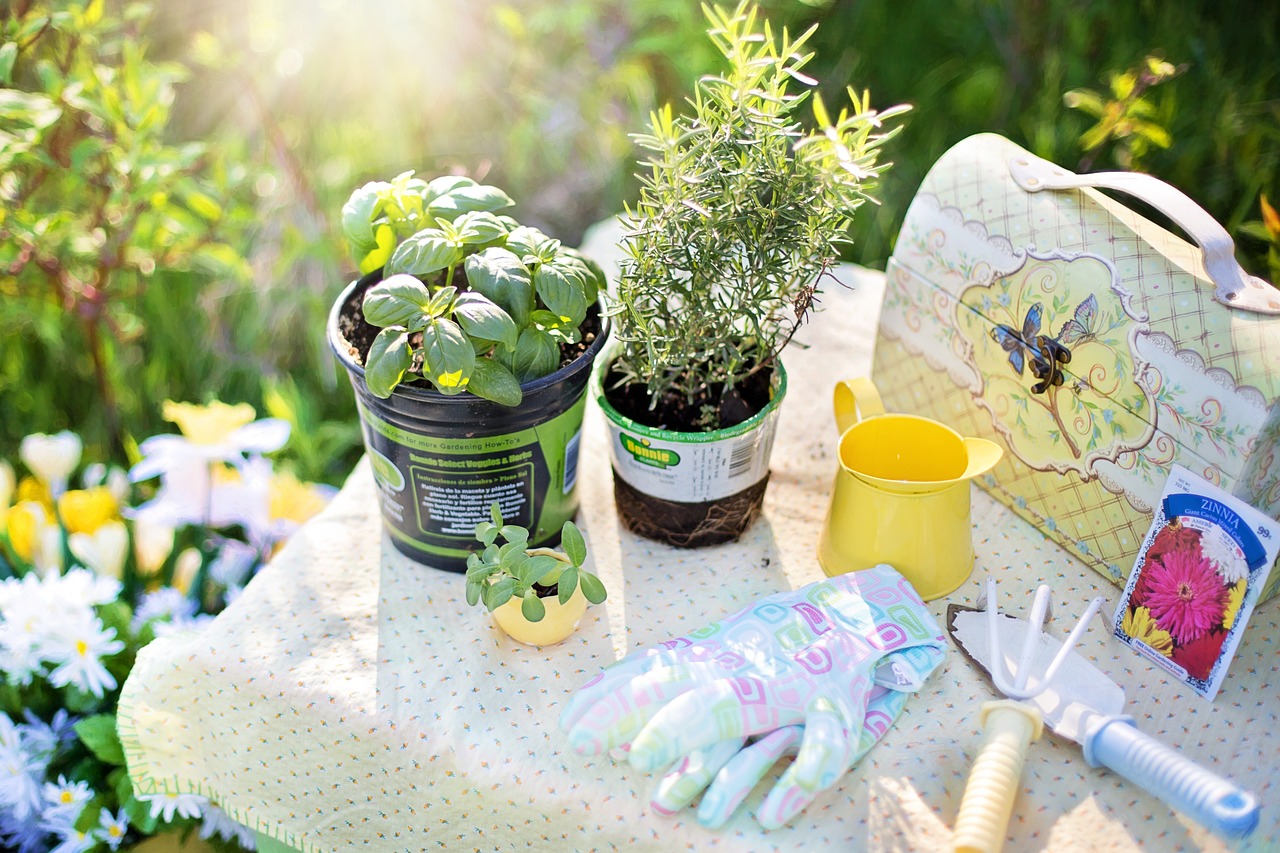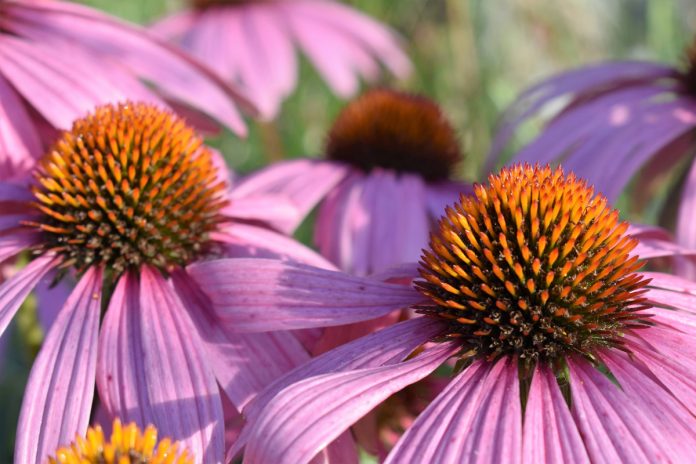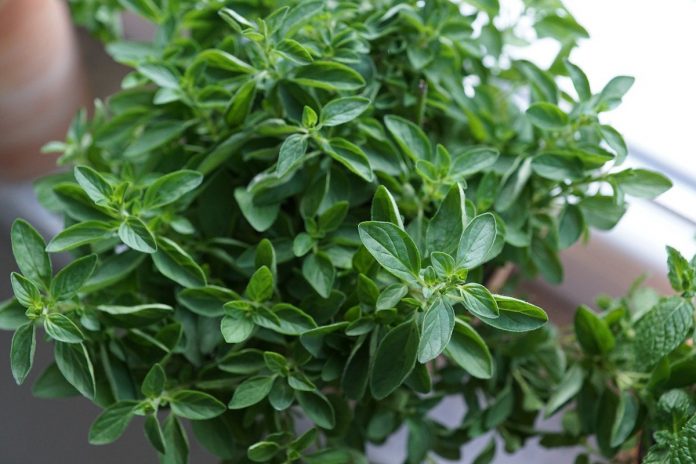23 Fun Facts About Rosemary Plants
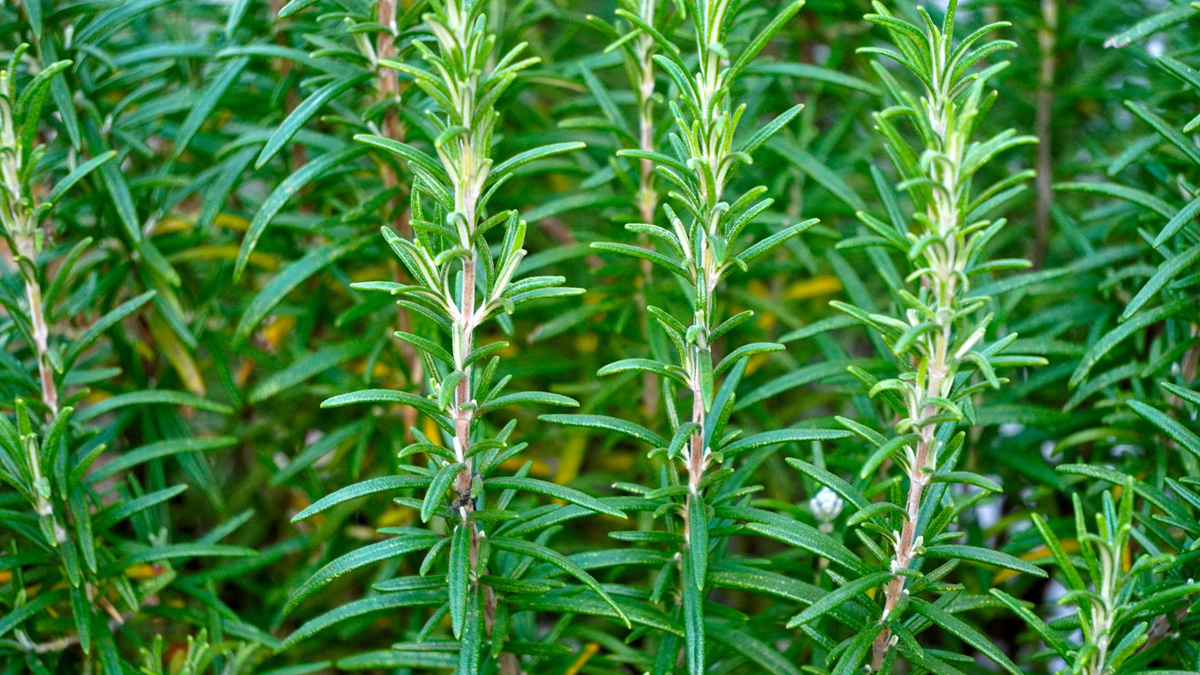
Rosemary is a lovely evergreen perennial herb with culinary, aromatic, and medicinal uses, and one of the favorites in herb gardening around the world. How much did you know about this magical plant?
- The name of Rosemary originates from the Latin word rosmarinus, meaning “mist of the sea” or “dew of the sea”.
- Rosemary is part of the mint family, together with Basil, Lavender, Oregano and many other herbs.
- Rosemary can easily grow to five feet.
- Rosemary has small, pretty bluish-purple flowers.
- Wild Rosemary can be found along the sea cliff along the coast of Italy, Greece, Spain and France.
- In the 16th century, Rosemary was often burned in sickrooms as disinfectant to kill germs.
- Ancient Greeks believed that Rosemary was a magical plant that could strengthen memory.
- Rosemary sprigs are traditionally scattered on the grave to show that the beloved family member would not be forgotten.
- During the English Tudor era, Rosemary symbolized fidelity, and brides would give sprigs of Rosemary to bridegroom as a tradition.
- In the old days, Rosemary has been used as an herbal medicine to relief gas, toothache, headache and even baldness.
- Rosemary has been named Herb of The Year in 2000 by the International Herb Association.
- Dried, well-preserved Rosemary is able to retain most of the flavor and fragrance.
- For culinary purposes, Rosemary is often paired up with lamb as its bittersweet, nutty flavor is excellent in counterbalancing the richness and fattiness from the meat.
- Distilled Rosemary oil can be poisonous in strong doses.
- Rosemary is also used as an aromatic herb and its extract can be found in tinctures, bath oil, hair rinse, and insect repellent.
- The best time in planting Rosemary is early Spring or Fall.
- Over watering is Rosemary’s biggest enemy.
- Rosemary can be used as an edging plant.
- Rosemary is quite difficult to grow from seeds.
- Rosemary can be easily propagated by cuttings.
- Rosemary loves well-drained soil with pH of 6.0-7.5.
- While Rosemary is extremely drought-resistant, its seedling should be watered regularly until its root system is matured. This usually means one year of regular watering.
- Rosemary attracts bees – a pleasant surprise to any herb and vegetable gardeners!
>> Treat Health Disorders Effectively with Rosemary Herb
The Author:

